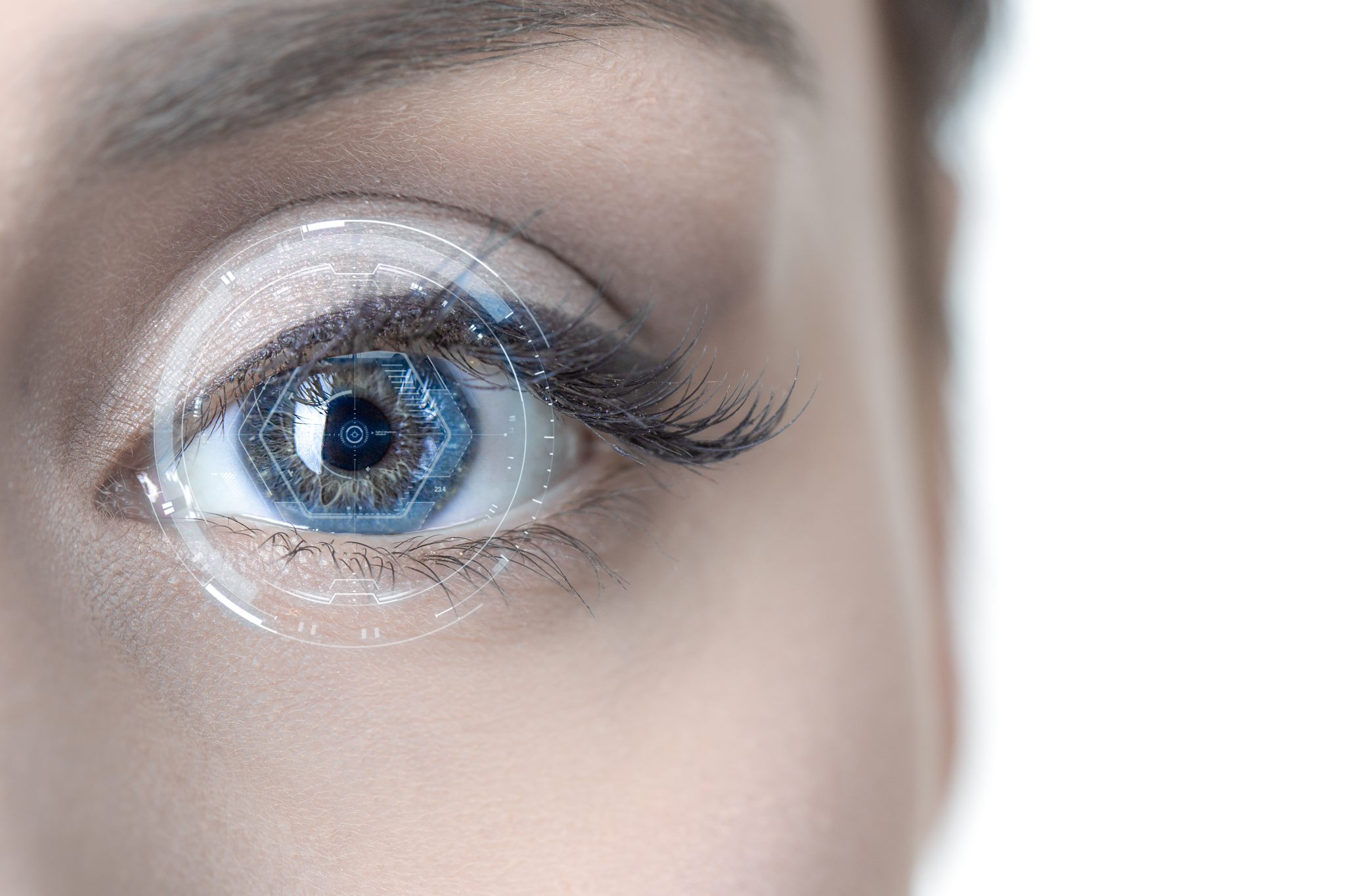Low Vision Rehabilitation
Eye Treatments
If you’re looking for a way to enhance your visual abilities and regain independence, Low Vision Rehabilitation may be perfect solution.
Low vision rehabilitation is a specialized program that helps individuals with significant visual impairment maximize their remaining vision and regain independence in daily activities. It is designed to address the specific needs and challenges faced by people with low vision, which is typically caused by conditions such as macular degeneration, glaucoma, diabetic retinopathy, or other eye diseases.
The goal of low vision rehabilitation is to enhance functional vision, improve quality of life, and promote overall well-being. The program is tailored to each individual’s unique visual abilities, lifestyle, and goals. It may involve a combination of vision aids and assistive devices, such as magnifiers, telescopes, electronic devices, and adaptive technologies. Additionally, training is provided to develop compensatory strategies, such as contrast enhancement, lighting modifications, and optimal positioning for reading or performing tasks.
Low vision rehabilitation is typically conducted by a team of professionals, including optometrists, ophthalmologists, occupational therapists, and orientation and mobility specialists. They work collaboratively to assess the individual’s visual abilities, prescribe appropriate aids and devices, and provide training on their effective use. The program also includes counseling and support to help individuals cope with the emotional and psychological aspects of vision loss.
By participating in low vision rehabilitation, individuals with visual impairment can regain independence, improve their functional vision, and maintain an active and fulfilling lifestyle.
All you need to know about eye surgery, including price, aftercare and healing process, or contact us!

FAQ
What is low vision rehabilitation?
Low vision rehabilitation is a specialized program that helps individuals with significant visual impairment maximize their remaining vision and regain independence in daily activities. It involves personalized training, the use of vision aids and assistive devices, and support from a team of professionals. The goal is to enhance functional vision, improve quality of life, and promote independence for individuals with low vision.
Can loss of central vision be restored?
In general, the loss of central vision cannot be fully restored. Conditions that cause the loss of central vision, such as macular degeneration or central retinal vein occlusion, typically result in permanent damage to the central part of the retina known as the macula. However, there are low vision aids, devices, and rehabilitation programs available that can help individuals with central vision loss make the most of their remaining vision and maintain independence in daily activities. These strategies aim to optimize the use of peripheral vision and enhance visual function for tasks such as reading, writing, and recognizing faces. It is important to consult with an eye care professional or low vision specialist to explore options that can maximize visual capabilities and improve quality of life.
Is low vision a disability?
Low vision is considered a visual impairment rather than a disability in the traditional sense. It refers to significant visual impairment that cannot be fully corrected with glasses, contact lenses, medication, or surgery, but individuals with low vision can still have varying degrees of functional vision. While low vision may impact a person’s ability to perform certain tasks, it does not necessarily mean they are unable to engage in daily activities or work. Instead, individuals with low vision may benefit from specialized support, rehabilitation, and assistive devices to enhance their remaining vision and maintain independence. In some cases, individuals with low vision may qualify for certain accommodations or support services to help them overcome the challenges they may face due to their visual impairment.
Contact us now in case you have any questions!
Types of Treatments
Request Form
Get your free consultation
- Need guidance and reassurance?
- Talk to a real person from MedClinics!
- Let's find the perfect doctor together.